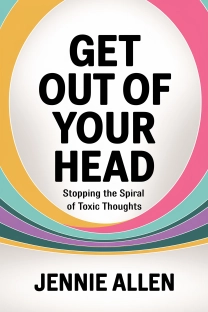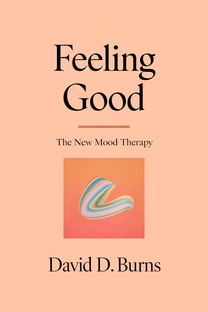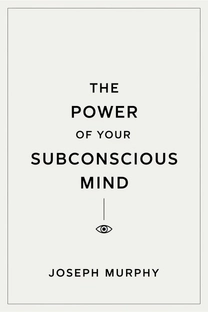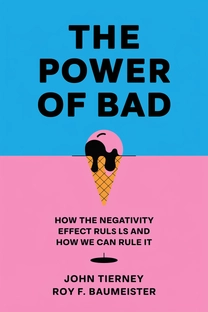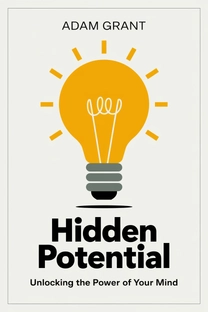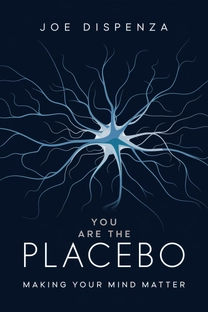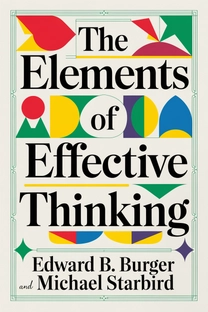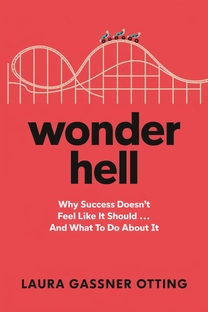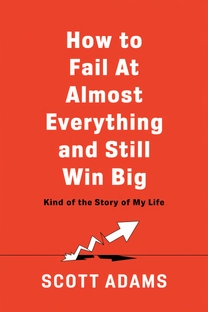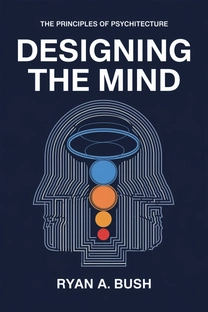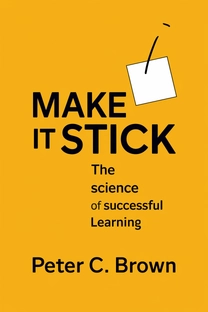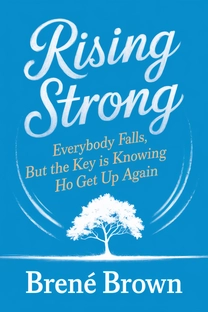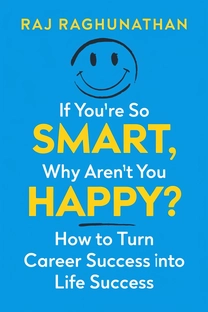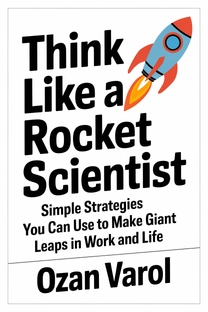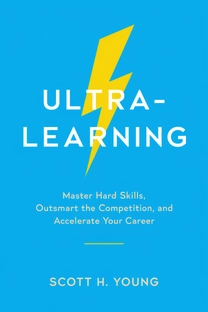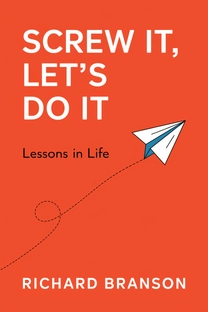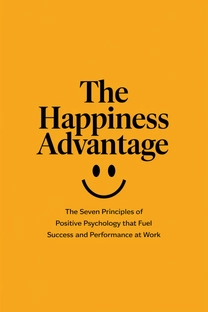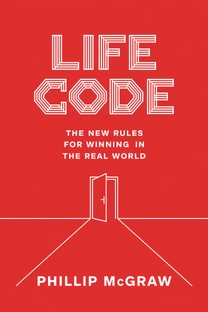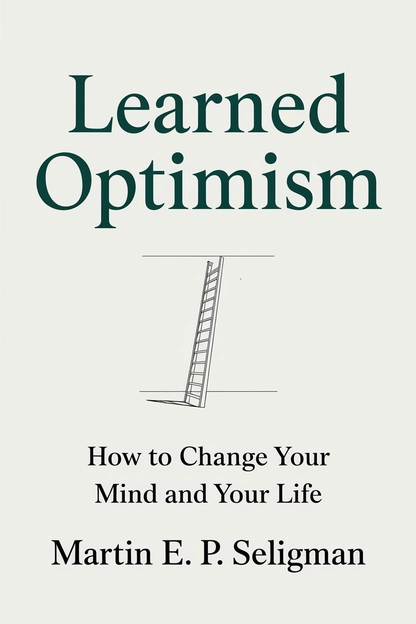
Learned Optimism
How to Change Your Mind and Your Life
by Martin E. P. Seligman, PhD
Brief overview
This book illustrates how our approach to setbacks can transform our emotional well-being, success, and resilience. It shows that by recognizing and challenging negative self-talk, anyone can learn to adopt an optimistic outlook on life. You will discover actionable methods for turning hopelessness into hope, and isolation into connection.
Introduction
Imagine a moment when you face a challenging situation and feel utterly stuck. This book begins by recognizing that feeling helpless is not an unchangeable trait, but a mindset shaped by how we interpret events. Our journey starts with understanding why some people recover from failures quickly while others remain stuck.
Drawing from in-depth research, the author reveals that our explanatory style—the way we explain good or bad events to ourselves—deeply influences mood, motivation, and resilience. When that style leans toward negativity, feelings of helplessness and eventual depression can arise. This finding is a turning point: once you know how your mind shapes your outlook, you can learn to think differently.
The mission here is to show that optimism is a skill, not just a sunny attitude you are born with. In the upcoming pages, you will see how shifting your explanatory style from pessimist to optimist creates a powerful advantage in personal life, relationships, and work.
The Helplessness Trap
Early experiments on dogs facing unavoidable shocks revealed a striking parallel to human behavior. When subjected to painful experiences they could not escape, the dogs eventually stopped trying, even when escape was later possible. Psychologists termed this “learned helplessness,” and it became a key model for understanding human discouragement.
In people, learned helplessness manifests when repeated failures or hardships convince someone that no effort can change outcomes. Daily events—from tough work situations to rejection or setbacks—can reinforce a sense of futility. The real danger is not the external situation itself, but the internal belief that tries are pointless.
By recognizing how this cycle begins, we can interrupt it. Our focus moves from passively enduring difficulties to asking: “Is it truly uncontrollable, or have I just convinced myself it is?” That question marks the first step out of helplessness. The more you realize your reaction is guided by beliefs rather than facts, the more power you have to make changes.
What is Learned Optimism about?
"Learned Optimism: How to Change Your Mind and Your Life" by Martin E. P. Seligman, PhD, offers a transformative perspective on how our mindset can significantly impact our resilience, success, and emotional well-being. The book centers around the notion that our explanatory style—the way we interpret events in our lives—shapes our emotional responses and, ultimately, our actions. By understanding and challenging negative self-talk, readers can develop a more optimistic view, converting feelings of hopelessness into empowerment and possibility.
Central to Seligman's work is the concept of learned optimism, which proposes that optimism is not simply a personality trait but a skill that can be developed. Through practical strategies, readers are guided on how to alter their habitual thought patterns, fostering a mindset where failures are perceived as temporary setbacks instead of permanent obstacles. This book is essential for those seeking personal growth, offering tools to build mental resilience and effective coping mechanisms.
In "Learned Optimism," Seligman illustrates the profound impact of optimism on various aspects of life, including personal and professional realms. The book provides insights into raising resilient children, overcoming pessimism, and leveraging optimism for enhanced performance and leadership. Through evidence-backed strategies and relatable anecdotes, readers are empowered to shift their outlook and, as a result, experience more fulfilling and productive lives.
Review of Learned Optimism
"Learned Optimism" by Martin E. P. Seligman, PhD, stands out in the self-help and psychology genre with its evidence-based approach to transforming pessimistic thinking into a more empowered mindset. The key strength of the book lies in its detailed exploration of how explanatory style—the habitual way of interpreting life's events—influences our emotional states and behaviors. Through a blend of poignant anecdotes and rigorous research, Seligman offers a scientifically grounded roadmap to fostering a more positive outlook.
The actionable takeaways from Seligman's book are plentiful, including cognitive strategies aimed at recognizing and disputing negative self-talk. He delves into specific techniques to cultivate optimism, such as reframing setbacks and implementing positive language. Moreover, the book provides valuable guidance on nurturing optimism in children, encouraging parents and educators to adopt language and practices that promote resilience and confidence in young minds.
Seligman's writing style is accessible and engaging, making it suitable for readers from varied backgrounds. Whether you're a professional seeking to bolster your leadership capabilities or someone grappling with personal challenges, "Learned Optimism" serves as an invaluable resource. Its relevance spans across different life stages and circumstances, underlining optimism's role in both personal fulfillment and professional success. With a wealth of practical advice, Seligman's work is highly recommended for anyone aspiring to shift their mindset and embrace a more positive way of thinking.
Who should read Learned Optimism?
- Self-Improvement Enthusiasts: Perfect for individuals keen on personal growth and developing mental resilience. Offers practical insights to replace negativity with constructive thinking.
- Parents and Educators: Ideal for those interested in raising confident, growth-oriented children. Provides strategies for fostering an optimistic mindset in young learners.
- Business Professionals: Beneficial for readers seeking to enhance leadership skills and workplace productivity through a positive explanatory style.
- Psychology and Counseling Students: Enriches understanding of cognitive processes and emotional regulation, making it a valuable supplement to academic learning.
- Individuals Facing Life Transitions: Provides guidance for navigating job changes, relationship challenges, or other significant life events with a hopeful and empowered approach.
About the author
Book summaries like Learned Optimism
Why readers love Mindleap
10-Minute Book Insights
Get the core ideas from the world's best books in just 10 minutes of reading or listening.
Curated For You
Discover your next favorite book with personalized recommendations based on your interests.
AI Book ExpertNew
Chat with our AI to help find the best book for you and your goals.
Reviews of MindLeap
Love how I can get the key ideas from books in just 15 minutes! Perfect for my busy schedule and helps me decide which books to read in full.
Alex R.
The summaries are incredibly well-written and the audio feature is perfect for my commute. Such a time-saver!
Jessica M.
Great app for personal growth. The insights are clear and actionable, and I love how they capture the essence of each book.
Chris P.
The app is beautifully designed and the summaries are top-notch. Definitely worth every penny!
Sarah K.


